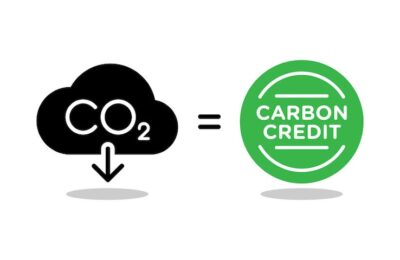There have been significant changes to the research & development (R&D) tax credit system in recent years. With this in mind, now is a good time to look at what R&D tax credits are, how to qualify for them and how to claim them.
What are R&D tax credits?
R&D tax credits are a form of corporation tax relief. You can claim them for innovative projects in science or technology.
Your project has to be related to your company’s trade. This can either be your existing trade or a trade you plan to start up using the results of your R&D.
You can’t claim R&D tax credits unless the project is intended to make an advance in science or technology. This rules out projects in the arts, humanities, economics and social sciences.
Other criteria
To claim, you need to explain how your project:
- Aims to create an advance in the overall field, not just for your business. If it’s a process, product or service that’s already been developed, but isn’t publicly available that can still count as an advance.
- Faced scientific or technical uncertainty. You or experts should not know whether something is possible or how it can be done.
- Tried to overcome this uncertainty. You need to show that the R&D needed research, testing and analysis.
- Could not be easily worked out by a professional in the field. You could, for example, highlight other attempts to find a solution that had failed.
You can find more help to see if your project qualifies for R&D tax credits on this page.
Claiming R&D tax relief
The R&D tax relief you can claim depends on when you are claiming it for. The rules for accounting periods before 1st April 2024 are different to those after this date.
Accounting periods before 1st April 2024
Small and medium-sized enterprises (SMEs) can claim SME R&D tax relief if they meet these criteria:
- Fewer than 500 staff
- A turnover under 100 million euros or a balance sheet under 86 million euros
The tax relief allows you to deduct 186% of qualifying expenditure from your trading profit for tax purposes. If you’ve claimed relief and made a loss, you can claim a tax credit. This is normally up to 10% of surrenderable loss. For qualifying expenditure after 1st April 2023, you may be able to claim up to 14.5% if you meet the ‘intensity condition’. This means your relevant R&D expenditure must be at least 40% of your total relevant expenditure.
If your project involves partners or linked enterprises, you’ll need to factor these in when working out whether you’re eligible for R&D tax relief and when claiming it.
If you have a large company, you can claim expenditure credit when working on R&D projects. This varies from 11% to 20% of your qualifying R&D expenditure, depending on the period you’re claiming for. You can find more details about this here.
Accounting periods after 1st April 2024
For accounting periods after 1st April 2024, there’s a single scheme for companies of all sizes.
Under this scheme, profitable companies get 15% net relief (£15,000 for every £100,000 spent). Loss-making companies with under £50,000 in profits can get 16.2% net relief, while R&D intensive companies can get up to 26.92% relief depending on the credit rate.
There’s also a scheme specifically for loss making, R&D intensive SMEs. These can deduct an extra 86% of qualifying costs (effectively a 186% deduction). They also have the option to ‘cash in’ losses for a 14.5% tax credit.
You can find more information about the merged scheme and enhanced R&D intensive support on this page.
Need help with R&D tax relief?
Many companies don’t claim R&D tax credits because they don’t realise they are eligible. Even if you are eligible, you may well benefit from our R&D relief and tax credit service. Not only can we help you identify eligible expenditure, but can also advise on ways of combining R&D tax credits with R&D grants from Innovate UK. Get in touch today to find out more.
About Jon Pryse-Jones
Since joining THP in 1978, Jon Pryse-Jones has been hands on with every area of the business. Now specialising in strategy, business planning, and marketing, Jon remains at the forefront of the growth and development at THP.
An ideas man, Jon enjoys getting the most out of all situations, “I act as a catalyst for creative people and encourage them to think outside the box,” he says, “and I’m not afraid of being confrontational. It often leads to a better result for THP and its clients.”
Jon’s appreciation for THP extends to his fellow team members and the board. “They really know how to run a successful business,” he says. He’s keen on IT and systems development as critical to success, and he continues to guide THP to be at the cutting edge and effective.
Read More











